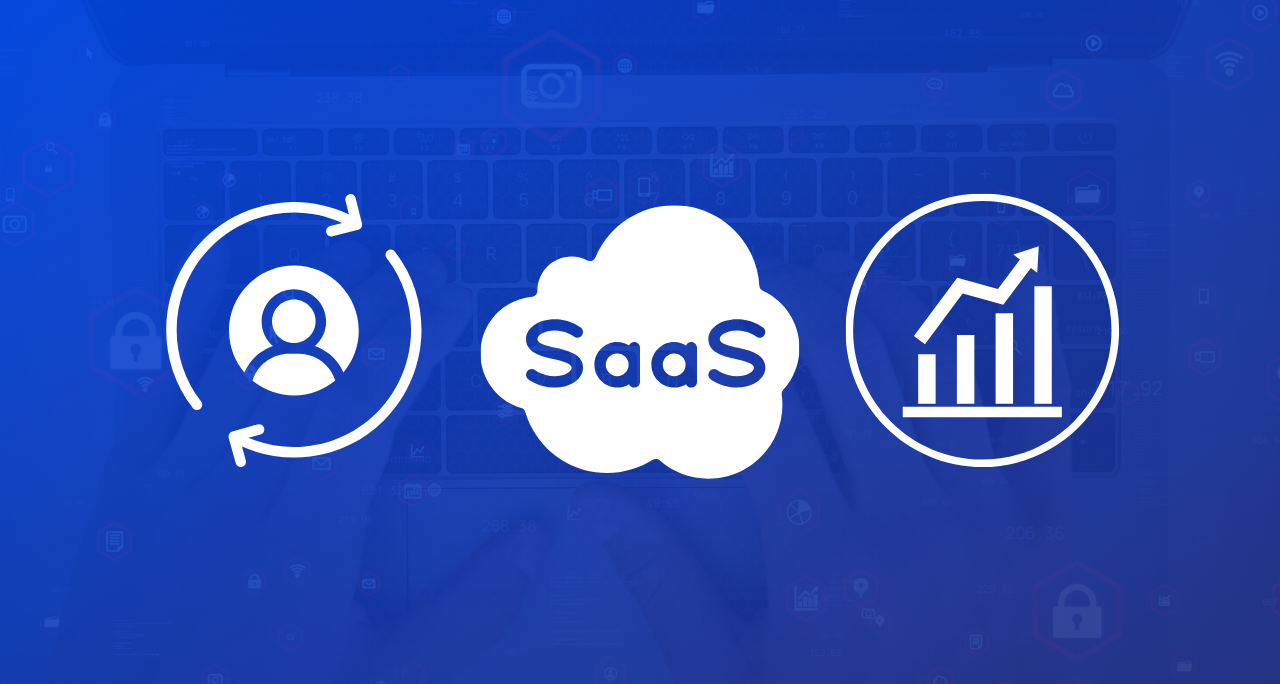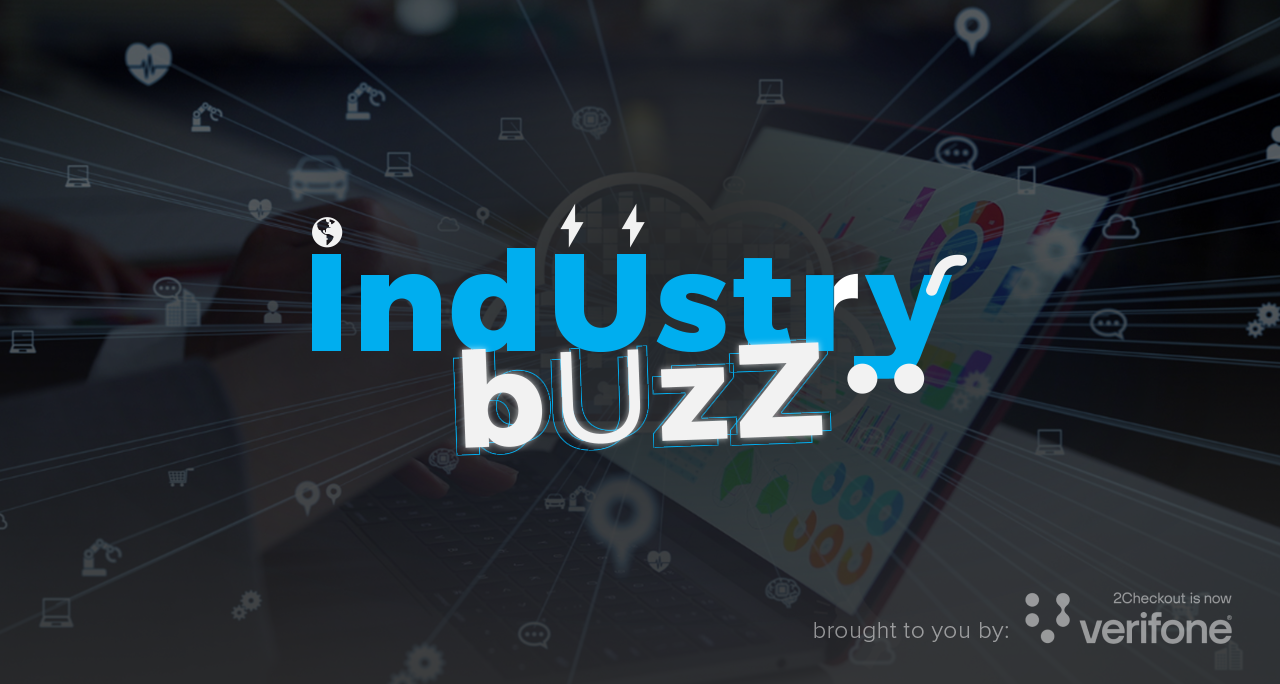Updated December, 2023
You’ve heard the speech about renewals over and over. No one needs to tell you that a successful renewal strategy is critical to the growth of a SaaS company. Or that it costs five times more to recruit a new customer than to retain an existing one. However, research shows that many companies are still not giving renewals the focus they deserve. That’s a shame, because really comes down to acknowledging just two facts about why you are losing customers shows that many companies are still not giving renewals the focus they deserve. That’s a shame, because it really comes down to acknowledging just two facts about why you are losing customers.
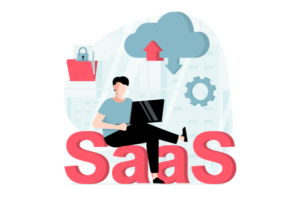
While there may be a list of possible reasons why customers leave your product, they pretty much fall under these two scenarios:
You Have Poor User Adoption
To break it down, the goal of the user onboarding experience is to validate what you’ve already sold. The prospect has already converted, signed up for the free trial or purchased the subscription, and they want to be convinced. So, what should you do to optimize your user onboarding process?
Be aware of your activation criteria.
The activation criteria is a task or a series of tasks you suggest to your customers so they will start using your product and benefit from it.
You’re basically being proactive and get your customers to warm up to what they’ve purchased. Some good examples for this are:
- LinkedIn: Connect with these people you may know.
- Uber: Complete your first ride.
- Gmail: Send your first email.
Your activation criteria – sometimes also referred to as “getting to the promise of your product” – comprises the actions your customers take that increase their chances of returning to your product for a second, third or fourth time. Encouraging a new user to do these things is essential for driving long term user adoption because it helps your customer to understand the value of the product and why they’re using it.
Create eye-opening moments
Users appreciate those aha moments when they discover or are exposed to a feature than can help them complete a task or solve a problem in a novel or smarter way. If possible, you should create as many of these moments as you can throughout the onboarding process.
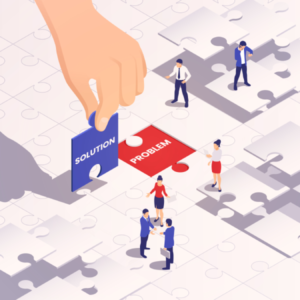
How? You must fully understand the problems and buying decisions of your target audience. Map out their conversion journey based on what you know about their persona and use that data to deliver personalized tips via email, live chat, or within the product itself. App designers often use this method to acquaint new users with their products. Think about the last time you set up a new phone or Google got a redesign. These designers often guide you through the product, revealing functionality you had no idea existed. Create these eye-opening moments for your customers and you’ll not only gain their loyalty, but you’ll get their referrals too.
Ensure stellar customer service
Not only do you need to be sure your users can easily contact you via e-mail, on the phone, or within the product, but you need to reach out to them early and often. Not hearing from a customer after they’ve been with you for two weeks isn’t necessarily a good thing: that silence might mean everything is going fine, but it might also mean they’re already disengaged and planning on dropping you. The adoption period is the most important time for your customer success team to form a relationship with a customer, and answer questions before they even arise.
Read between the lines of your customers’ behavior in product usage
The user adoption process is not limited to only getting your customers to start using your product. This is also a timeframe to keep them engaged so they would want to continue leveraging what you’re offering, establishing a long-term relationship.

One key aspect you should consider is identifying your at-risk customers. They are the ones that are most likely to quit and target them through re-engagement emails. Remind them about your product/service and give them a reason to stay – great customer service and a great customer experience are what will make or break your relationship.
There is a Lack of Perceived Value
If you are losing a customer, it most likely is because they’re not seeing the full value of your product . Value is closely related to your onboarding process, like we discussed in the above steps. However, value can diminish over time. Like any relationship, you need to take steps to nurture it.
Consistently demonstrate value
And not just by having a stellar product. Customers need to see, in concrete terms, what they are getting out of your solution on a regular basis. For instance, Zendesk, the support ticketing software, regularly sends emails to its customers with stats on how many tickets they’ve solved, and the average ticket response time compared with the previous month. By frequently reminding customers of its value, Zendesk knows few are even going to think about going without it. The bottom line is that concrete numbers can go a long way toward making your solution seem indispensable to your customers.
Invest in customer marketing, not just in prospects
As a general rule of thumb, most businesses dedicate a significant portion of their marketing budget to acquiring new customers. However, just as you nurture your new leads, you also need to nurture your existing customers in order to keep them interested in your product and your company and to increase the likelihood of them renewing their contract.
But when is the right time to market to your existing customers? Well, there are a few:
- New feature announcements.
- Product updates.
- When you notice a drop-off in their product usage or activity.
Customer marketing is all about keeping your product top of mind and bringing your users back to your product. Make them happy with a new feature or encourage them to keep going with their subscription plan to get ready for success.
Leverage your user community through social proof
Your customers need to feel confident in their choice of your product and will collect enough social proof to support their decision to pay or renew. One of the most effective ways to collect social proof is through effective use of social media channels and showing commitment to it.
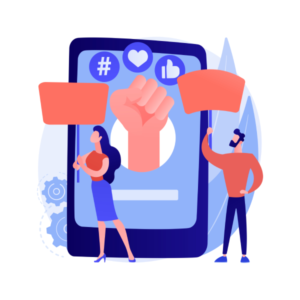
If you don’t know how to put social proof to good use, don’t worry, we have compiled a list of some of the most popular social proof strategies in eCommerce:
- Persona Endorsement
- Reviews and Testimonials
- Rating Platforms
- Case Studies
- Trust Badges
- Referrals
- Expert Reviews
Bring customers behind the scenes
Keep users in the loop when you are developing a new module or functionality. Ask power users to test out new features and provide valuable feedback. This will make them feel like part of the process, as well as provide you with crucial insights. Gain customer loyalty by showing you take their problems, feedback and comments seriously.
Ask for help: a Subscription Management Platform could be the key
One of the biggest challenges that SaaS businesses face is that they have to offer a product or service on a regular basis and be able to collect online payments for those services. Companies often have to deal with frustrations on the part of the users when their subscriptions are not renewed automatically because of issues like expired cards, failed payments and so on.
2Checkout (now Verifone) can help track closely your subscriptions business using tools such as:
- Account Updater Service to automatically update customers’ card information
- Internal Account Updater to increase authorization rates for expired cards
- Advanced Retry Logic helping to recover failed transactions due to soft declines
- Dunning Management for recovery in case of hard declines
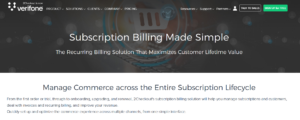
Bonus: Find out more about optimizing the Entire Subscription Lifecycle for your SaaS business growth.
Conclusion
The two main culprits of low renewals are poor onboarding experience and a lack of perceived value. If you can proactively engage new users from the start and keep showing them the value of your service, renewals will happen naturally. This is where customer retention strategies come into play because as competition intensifies and consumer options expand, the importance of retaining your existing customers cannot be overstated.
And don’t forget that it’s not just about keeping customers; it’s about building long-term relationships that will take your business to the next level in the digital world.

